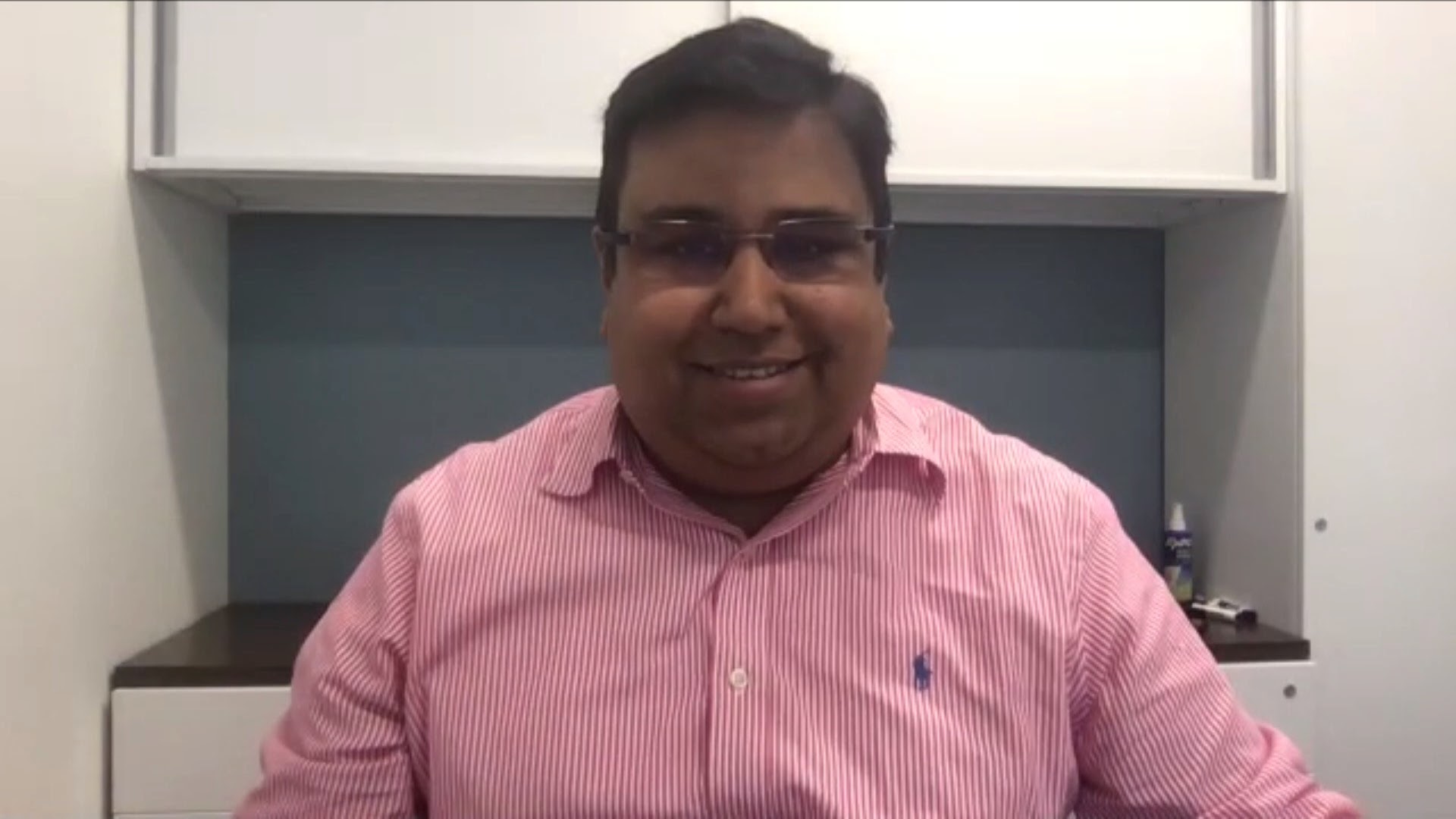 BIG DATA
BIG DATA
 BIG DATA
BIG DATA
 BIG DATA
BIG DATA
During the global COVID-19 pandemic, enterprises had to accelerate their digital transformation efforts to adapt to the surprising demands of remote work and online operations. But what comes next?
Organizations will begin to emerge from the crisis looking to grow their own businesses and those of their customers, which will make operational excellence critical in 2021, according to Sreenivasan Rajagopal (pictured), head of products and strategy, Broadcom Enterprise Software, at Broadcom Inc. And that makes for a big opportunity for artificial intelligence operations.
“Remote work is going to be more sticky, cost savings and efficiency are going to be an imperative for organizations, and the continued acceleration of digital transformation of enterprises at scale is going to be a reality,” Rajagopal said. “So, when you put all these three things together as a team that is working behind the scenes to help the businesses succeed, operational excellence is going to be make or break for organizations.”
Rajagopal spoke with Lisa Martin, host of theCUBE, SiliconANGLE Media’s livestreaming studio, during the AIOps Virtual Forum. They discussed the needs of companies as they approach 2021, the more promising capabilities of AIOps, and how this emerging trend can make information technology operations more efficient. (* Disclosure below.)
AIOps will play an essential role in ensuring operational excellence, according to Rajagopal, the idea being to automatically react to issues in real time.
“The way we define AIOps is it’s a system of intelligence, a human augmented system that brings together full visibility across app, infra and network elements, that brings together disparate data sources and provides actionable intelligence and uniquely offers intelligent automation,” Rajagopal said.
As the digital transformation gained in both momentum and complexity, AIOps is proving a necessary framework for organizing IT operations and service management processes in the post-pandemic world. There are key capabilities companies need to look for in an AIOps solution, according to Rajagopal.
“The first one is ‘eyes and ears,’ what we call full-stack observability,” he said. “If you do not know what is happening in your systems that serve up your business services, it’s going to be pretty hard to do anything in terms of responsiveness.”
The second feature is what Rajagopal calls actionable insights, providing ways to “find the needle in the haystack” and respond quickly to a myriad of problems when a company has disparate data sources and systems. The third is intelligent automation; after identifying the problem, the tool must automate it and create a proactive recommendation system.
The fourth and final key capability is effectiveness. “[It] comes when you create a feedback loop, when what happens in production is relayed to your support systems and your developers so that they can respond rapidly,” Rajagopal explained. “We call that continuous feedback. In the context of operating digitally, you want to use customer experience and a single business outcome as a key alignment factor and then work with your systems of engagement and systems of interaction along with your key personas to create that alignment.”
Watch the complete video interview below, and be sure to check out more of SiliconANGLE’s and theCUBE’s coverage of the AIOps Virtual Forum. (* Disclosure: TheCUBE is a paid media partner for the AIOps Virtual Forum. Neither Broadcom Inc., the sponsor for theCUBE’s event coverage, nor other sponsors have editorial control over content on theCUBE or SiliconANGLE.)
THANK YOU